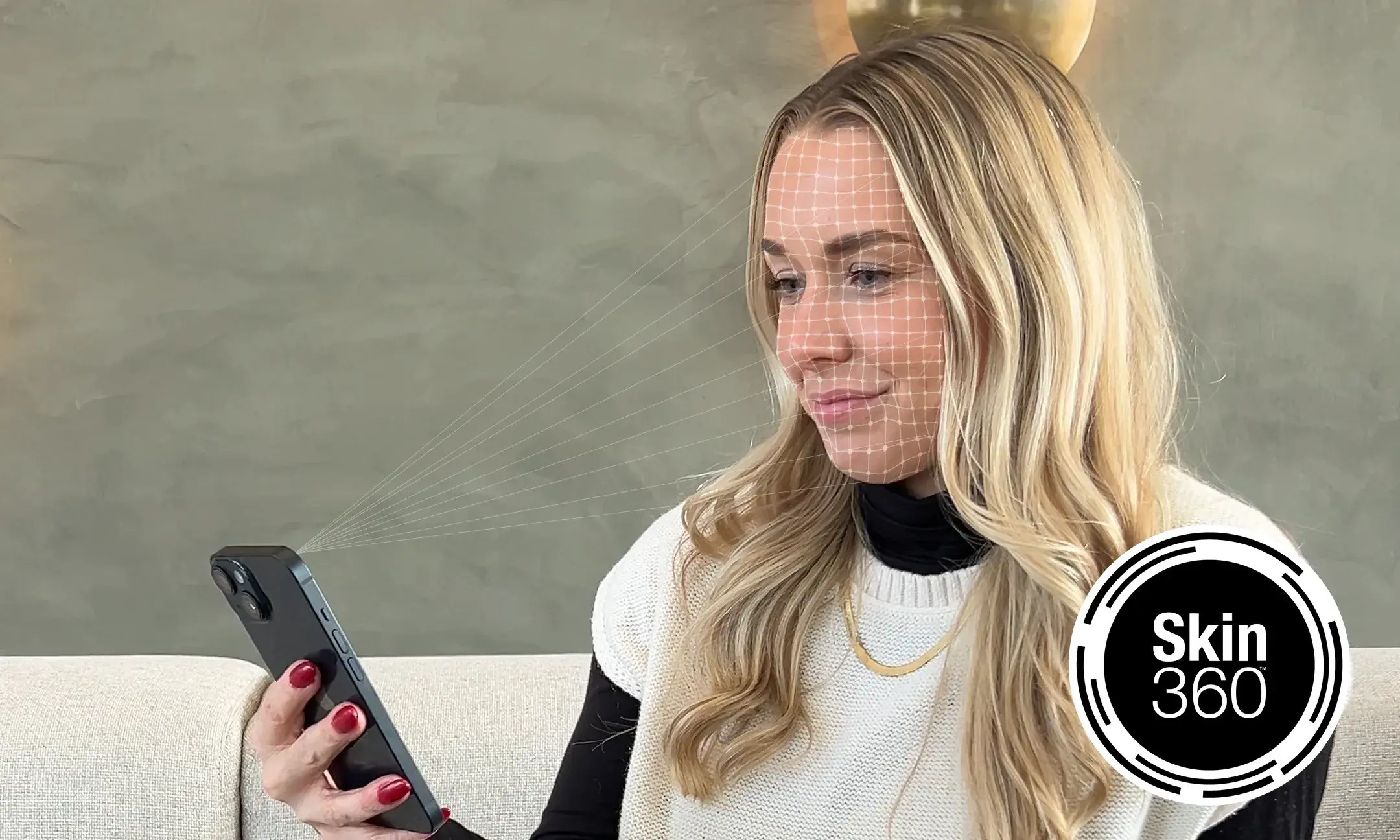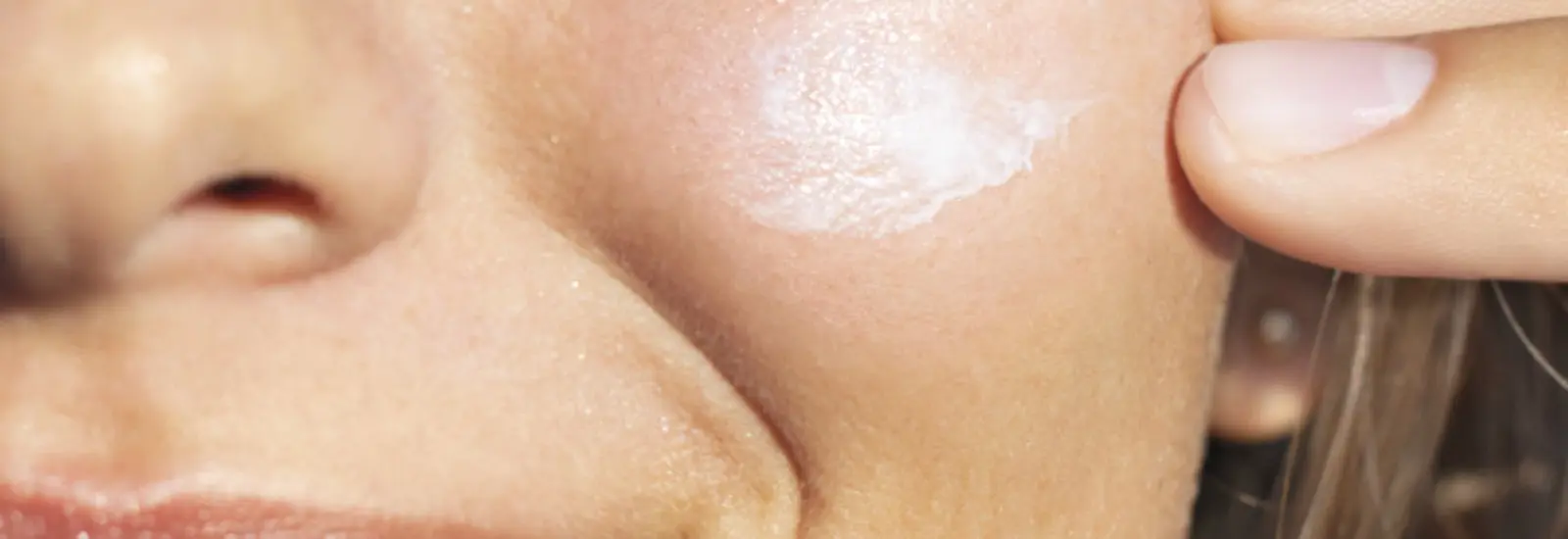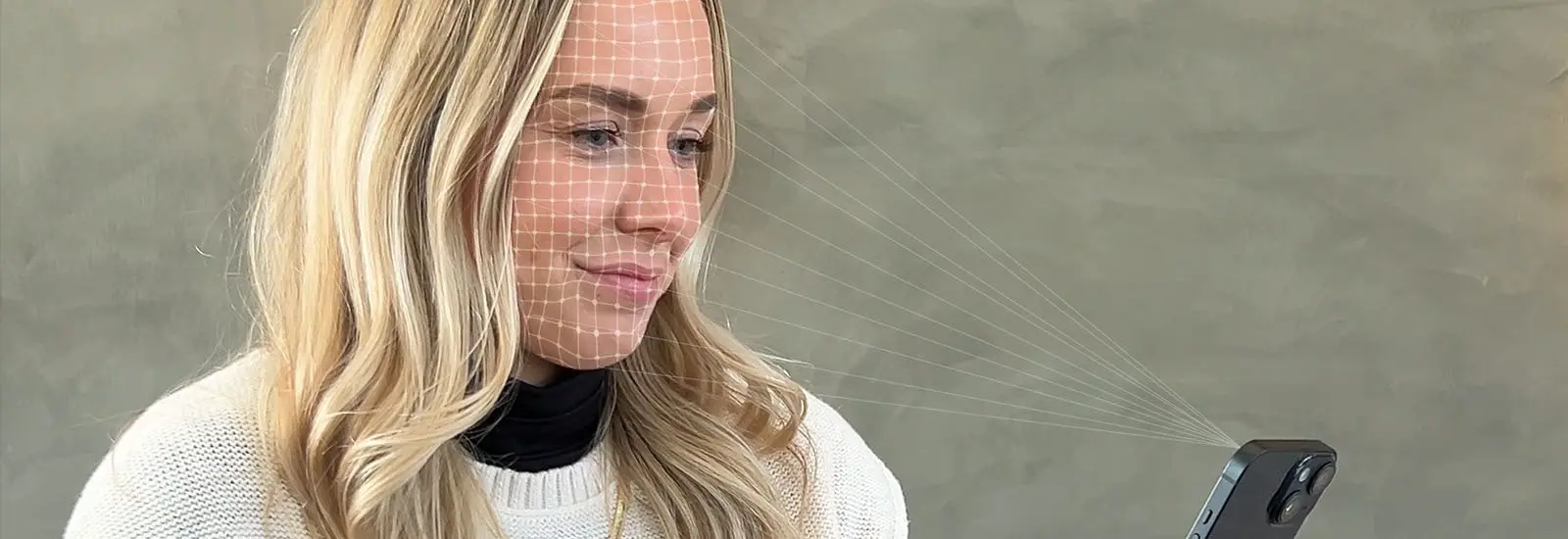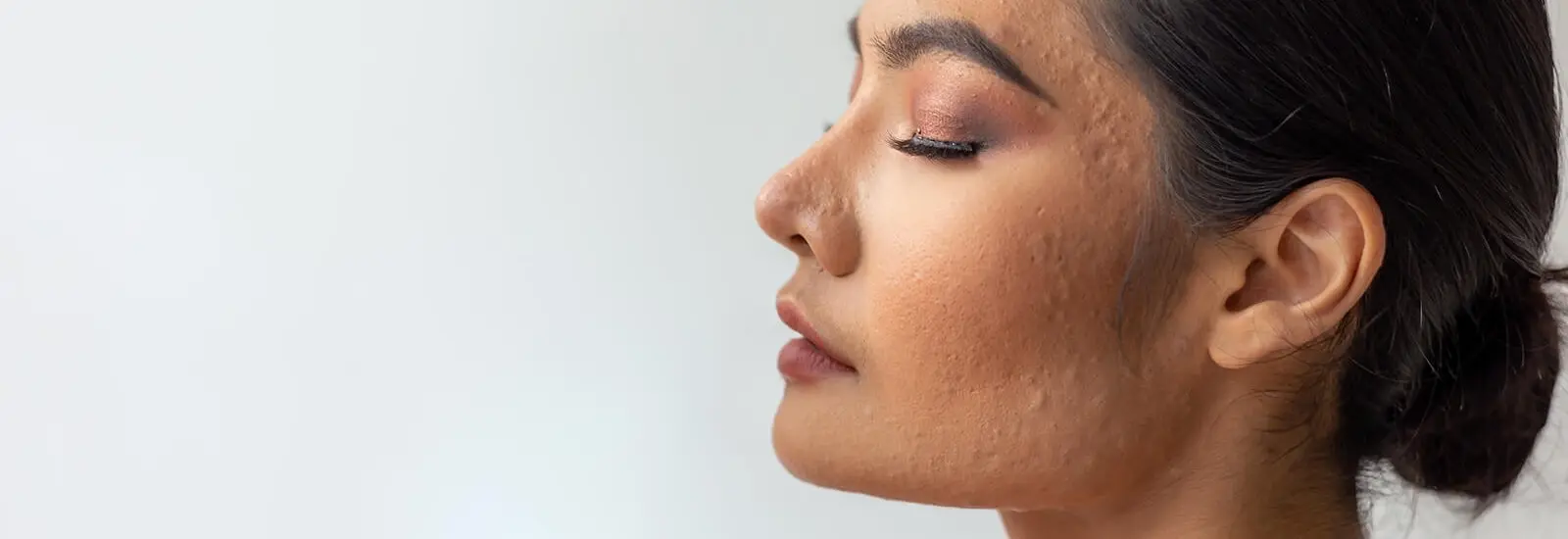Sunscreen for acne-prone skin
There’s this rumor, or maybe even an urban legend at this point, that sun exposure makes your acne go away. We’re going to clear this rumor up once and for all. It’s fake news. The fakest we’ve ever heard. Sun exposure can have damaging effects on your skin, especially if you’re prone to breakouts. This is because UVA and UVB rays could leave behind stubborn acne scars. Plus, if you’re using an acne treatment, said treatment can make your skin more sensitive to the sun. So yes, even if you have acne, you still need to wear sunscreen. Every day. Non-greasy, oil-free formulas are going to work wonders for you, especially if your skin is on the dry side. For skin that’s on the oily side, try a gel sunscreen formula because it helps soak up extra unwanted oil.
Sunscreen for aging skin
It’s true that the signs of aging skin (think age spots, fine lines, wrinkles and sagging skin) are inevitable as we get older. But the reality is, our skin has technically been aging since we were born. How’s that for perspective? Prevention is key, and using sunscreen daily can help slow the process down.
No matter your age, you should be wearing sunscreen on your face and body every day. It’s just as important when you’re 30 as it is when you’re 50 (and beyond). Mineral and chemical sunscreens are both fine to use so it really comes down to personal preference. As you get older, you may find that spray sunscreens and sunscreen sticks are easier (and faster) to apply on your body than sunscreen lotions or creams. And last, but certainly not least, we recommend a sunscreen lotion with a higher SPF (like SPF 70 or SPF 100) for your face.
Sunscreen for eczema skin
Eczema is super normal. In fact, 30 million Americans have it. This means your skin is more vulnerable to the sun’s harmful rays. Sunscreen is important, but finding the right one that won’t make your eczema flare up is even more important.
If you have eczema, you’ll want to look for mineral-based sunscreens. That means they’re formulated with zinc oxide and/or titanium dioxide. Avoid sunscreens that contain alcohol, fragrances and preservatives. Always choose an SPF 30 or higher and look for the “broad spectrum” label.
Not to brag, but the National Eczema Association gave several Neutrogena® mineral sunscreens their seal of approval including Pure & Free® Liquid Sunscreen, Sensitive Skin Sunscreen Lotion SPF 60+ and Pure & Free® Baby Faces Ultra Gentle Sunscreen.
Sunscreen for sensitive skin
We know how challenging it can be to find gentle suncare for sensitive skin. Allergic reactions. Rashes. Itchiness. These are all common symptoms of sensitive skin and the effects of products that don’t quite work. Ugh!
The good news is, you have options. Sunscreen for babies is actually a great alternative for sensitive skin or rosacea. Mineral sunscreen made with zinc oxide and/or titanium dioxide is another option. Definitely avoid sunscreens with alcohol, fragrance and preservatives. As with all other skin-care, test a small amount on your skin first about 24 hours before you smother your entire body. A tiny rash is much easier to deal with than a full-body rash should you have a reaction.
Sunscreen for sports
So, you spend a lot of time outside, huh? We hope you’re wearing sunscreen. If not, consider this your first and last warning. Your skin needs some extra attention because it’s exposed to UVA and UVB rays for extended periods of time. We’re already sweating just thinking about it.
Chemical sunscreen is your BFF. Don’t leave home without it. Look for bottles labeled “sport” or “water resistant” because they’re made with sweaty skin and activity in mind. You’ll want to apply it 15 minutes before you head outdoors and reapply every 40-80 minutes so keep a bottle in your pack for easy access.





